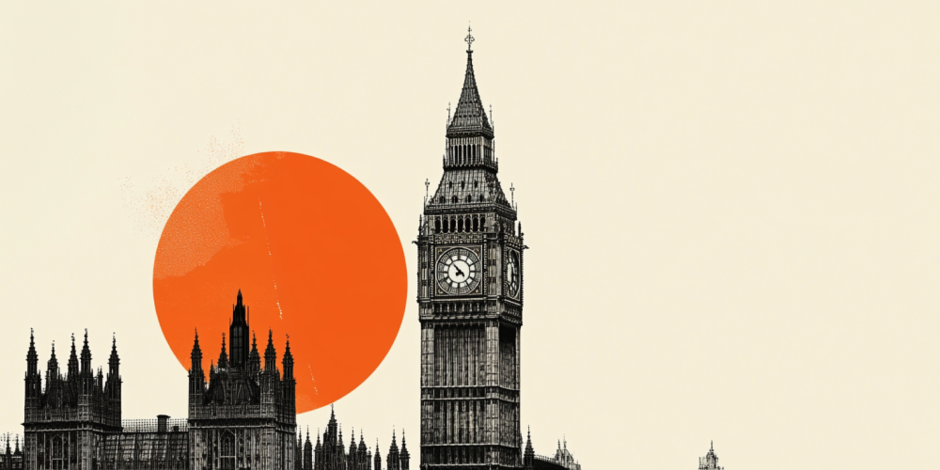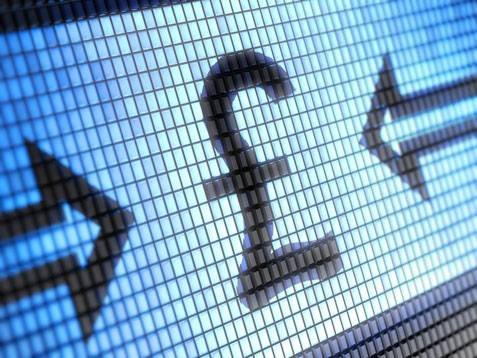In a recent statement, UK’s Shadow Chancellor, Rachel Reeves, expressed optimism about the country’s economic recovery, claiming that the government has started to turn things around. Reeves pointed to various policy measures and efforts aimed at stabilizing the UK economy after a period of uncertainty marked by inflation, rising energy costs, and a challenging global economic environment. Her comments come as the UK government has focused on boosting growth, job creation, and addressing fiscal imbalances while managing inflationary pressures.
Reeves’ positive outlook suggests that the UK is beginning to make strides toward economic recovery, though challenges remain. The country is still grappling with inflation, which has been persistently high, and rising energy prices that continue to strain households and businesses alike. However, the Shadow Chancellor remains confident that the government’s focus on fiscal responsibility and targeted support for key sectors will help revive growth and reduce inflation over time.
For Nigerian businesses and investors, this message of economic turnaround from the UK’s government could signal potential opportunities. As the UK economy begins to recover, Nigerian exporters may find new opportunities for trade as demand for Nigerian goods and services picks up. Sectors such as agriculture, oil, and technology, which are essential to the Nigerian economy, could benefit from improved relations between Nigeria and the UK, especially in areas of trade and investment.
On the other hand, Nigerian businesses that rely on imports from the UK could face challenges if the British economy takes longer than expected to recover or if inflationary pressures persist. Rising costs in the UK could lead to higher prices for goods, which might be passed on to Nigerian consumers. Additionally, changes in the value of the British pound in response to economic developments could impact Nigerian companies that trade in GBP or hold UK-denominated assets.
Nigerian investors with an eye on the UK market may also see the potential for increased returns, particularly in sectors that stand to benefit from the recovery. The UK’s focus on economic growth, job creation, and fiscal reforms could open up new avenues for investment, particularly in technology, green energy, and infrastructure development.
As the UK government continues its efforts to stabilize the economy, Nigerian businesses, investors, and consumers will need to monitor the situation closely. The UK’s economic performance could have significant implications for trade, investment, and currency exchange rates, affecting financial decisions both in Nigeria and abroad.







Leave feedback about this